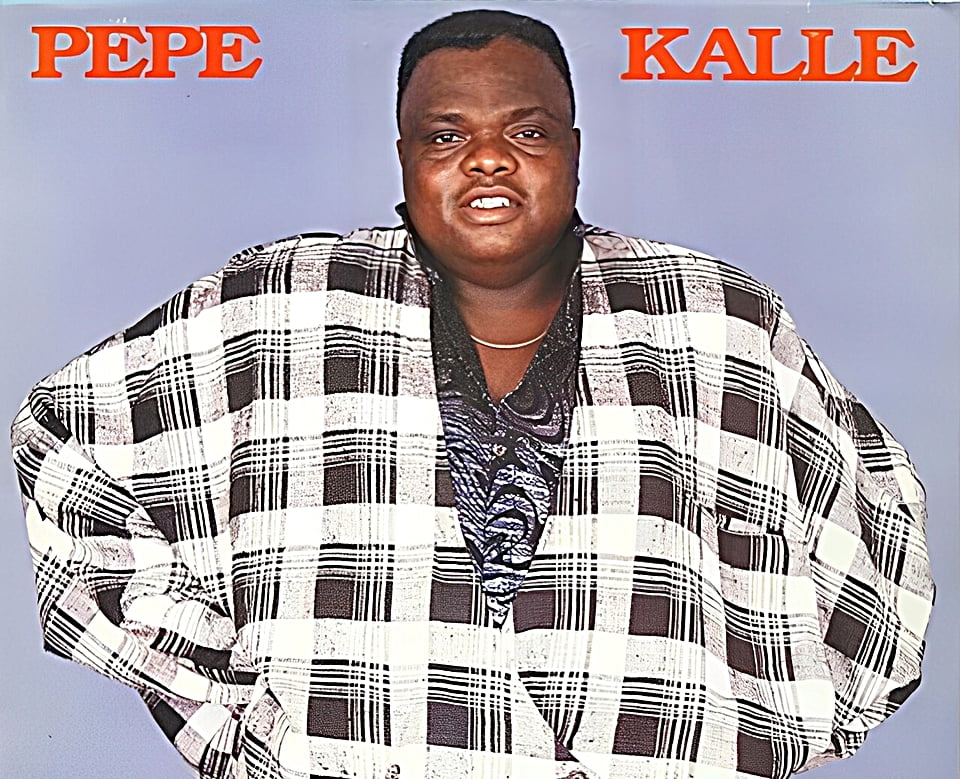
Pepe Kalle: Luminary of Congolese Rumba and His Enduring Global Harmonies
Introduction:
In the vibrant and diverse tapestry of Congolese Music , one name stands out as a luminary who left an indelible mark on the genre—Pepe Kalle. Born Kabasele Yampanya in Kinshasa, in the Democratic Republic of Congo, on November 30, 1951, Pepe Kalle emerged as a pivotal figure in the world of Congolese Rumba, captivating audiences with his powerful voice, charismatic stage presence, and a career that spanned decades.
Origins in Congolese Music:
Pepe Kalle journey in the Congolese music scene began in the early 1970s when he joined the legendary band “Orchestre Empire Bakuba.” His distinctive voice and songwriting prowess quickly set him apart, and it wasn’t long before he became a central figure in the evolution of Congolese Rumba.
Collaborations and Band Affiliations:
Pepe Kalle’s musical prowess was not confined to a single band. Over the course of his illustrious career, he collaborated with several prominent musicians and was associated with influential bands. One of his notable partnerships was with Nyboma Mwan’dido, forming the celebrated duo “Papy Tex and Pepe Kalle.” Additionally, he played a crucial role in the success of “Empire Bakuba” and later founded his own band, “Empire Bakuba International.”
Notable Hits:
Pepe Kalle’s discography is studded with hits that have become timeless classics in the Congolese Music canon. One of his most iconic songs is ““Roger Milla,” a tribute to the Cameroonian football legend. Other hits such as “Moyibi”, “Divise Par Deux,” and “L’Argent Ne Fait Pas Le Bonheur” showcased his ability to blend the rich rhythms of Congolese Rumba with poignant lyrics.
Impact on the Congolese Scene and Globally:
Pepe Kalle’s impact on the Congolese music scene cannot be overstated. He played a pivotal role in popularizing Congolese Rumba, a genre known for its fusion of Cuban and African Rythms. His influence extended beyond the borders of the Democratic Republic of the Congo, reaching audiences globally and contributing to the international recognition of African Music.
Pepe Kalle’s music was not merely entertainment; it was a reflection of the social and political climate of the time. Through his lyrics, he addressed issues such as love, unity, and the challenges faced by the African continent. This socially conscious approach resonated with listeners and added depth to his musical legacy.
Conclusion:
Pepe Kalle’s untimely death in 1998 marked the end of an era, but his legacy lives on through the enduring impact of his music. As the “Goliath of Congolese Rumba,” Pepe Kalle not only shaped the sound of a genre but also contributed to the global appreciation of African Music. His influence continues to inspire new generations of musicians, ensuring that the King of Congolese Rumba remains an immortal figure in the annals of world music.




Pingback: Kiamuangana Verckys: Congolese Saxophonist and Visionary Music Pioneer Mawalking Radio